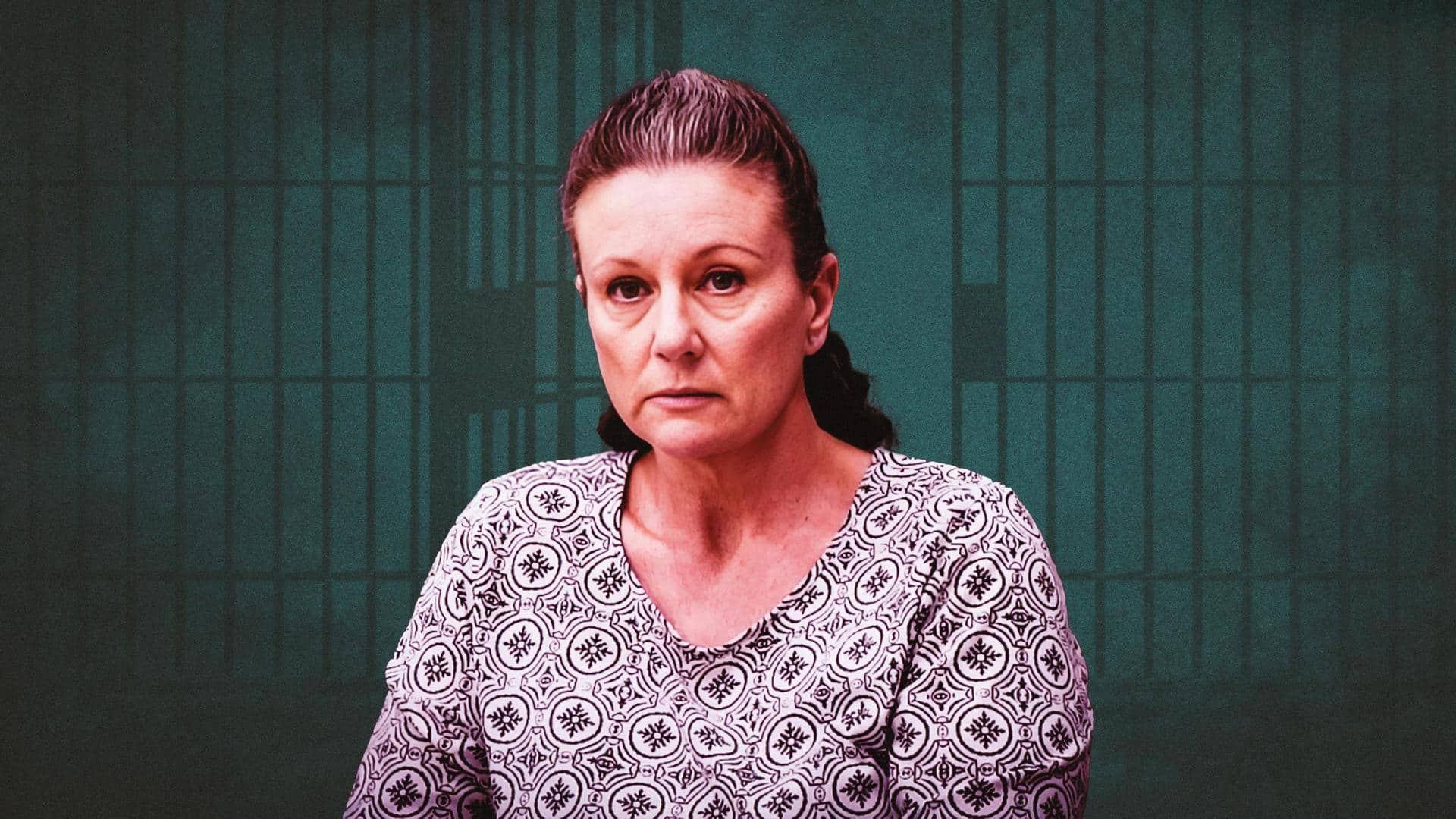
'Australia's worst female serial killer' pardoned after 20 years
What's the story
Kathleen Folbigg, previously dubbed the worst female serial killer in Australia, was pardoned by a court in New South Wales and released on Monday after doubts emerged over her earlier conviction. According to the BBC, 55-year-old Folbigg served 20 years of a 25-year prison sentence after being convicted of murdering three of her kids and the manslaughter of one child.
Details
There was 'reasonable doubt' that Folbigg was guilty: Daley
Michael Daley, Attorney-General of New South Wales, stated on Monday that a "reasonable doubt" has been established regarding the convictions of Folbigg after a year-long inquiry that was officially launched in May 2022. "In the interests of justice, Kathleen Folbigg should be released from custody as soon as possible," news agency AFP quoted Daley as saying.
More details
Details on what recent investigation found regarding deaths of kids
The retired judge who led the investigation, Tom Bathurst, added that subsequent inquiries revealed medical conditions that may have contributed to the deaths of three of her children. While Laura and Sarah Folbigg possessed a rare genetic mutation, Bathurst added that Patrick Folbigg might have had an "underlying neurogenic condition." After these findings, Bathurst claimed that Caleb Folbigg's death seemed no longer suspicious.
Know more
Folbigg's conviction in 2003 and petition for her release
In Folbigg's 2003 conviction, prosecutors claimed she strangled the children. However, the 55-year-old argued that each death was due to natural causes. Numerous scientists from Australia and abroad penned a petition in 2021 demanding Folbigg's release. As per the petition, new forensic evidence suggested that the unexplained deaths of the children were actually due to congenital abnormalities or genetic mutations.
Further information
Long legal road ahead for Folbigg now
Folbigg's release could be the beginning of a lengthy legal process, as Daley stated that her pardon just means that the 55-year-old doesn't have to serve the rest of her sentence. Furthermore, it would be up to the Court of Criminal Appeal to remove her convictions. He also acknowledged that after two decades of believing she was guilty, some might not accept Folbigg's innocence.